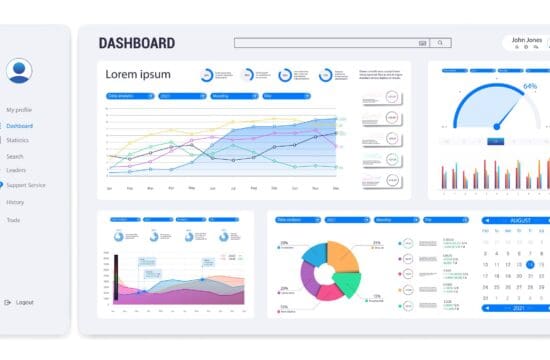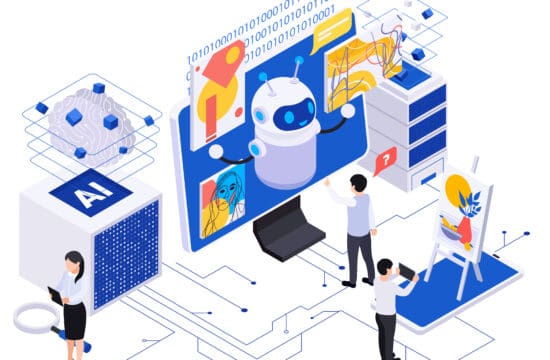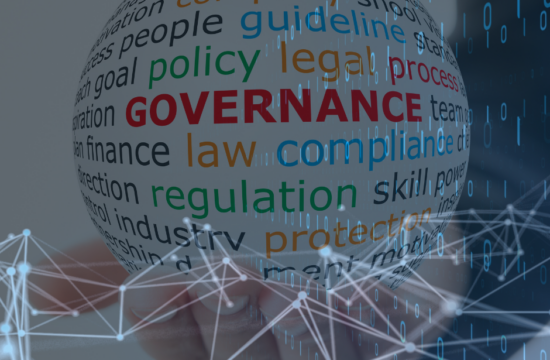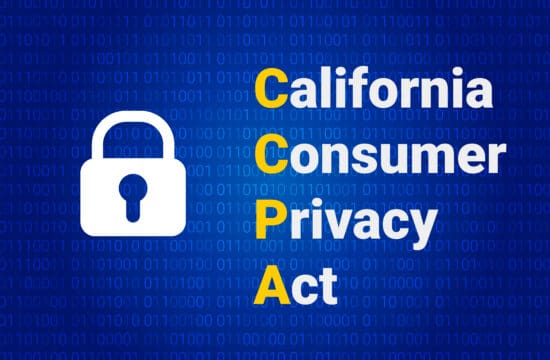The digitization of healthcare has caused an unrelenting growth trend in unstructured data, with no slowdown in sight. Patient records, lab tests, PACS imaging, and research data are now stored electronically and as the amount of healthcare data continues to skyrocket, so do data vulnerability and security risks. No healthcare organization can afford a data breach or cyber-attack: stealing or encrypting sensitive patient records damages organizations’ reputation and causes huge financial losses, but worse of all, it can halt medical procedures or administration of treatments.
Because of the size and nature of healthcare data–a typical hospital will have over 50 PB of data1, 80% of which is unstructured–traditional Data Access, Deletion, Retention, Masking and technologies are inefficient and inadequate. Legacy solutions are rules based which miss Dark PHI/PII data which is constantly changing and evolving. With today’s exponential growth of healthcare data, you need a solution which handles Unstructured/Structured data.
Another challenge is how do you correlate PHI data to an individual (patients data) stored in Unstructured/Structured data formats and classify it automatically, to provide a clear view of risky users, data sets and of any anomalies happening across your data sets. Legacy solutions cannot handle such issues with regex/rule based systems.
Does this sound familiar? Is this the situation in your hospital, clinic, or research center? If so, you should know there is a better way.
Securing Healthcare Data with Secuvy
Secuvy is a Zero Trust Data Security and Privacy Platform. Secuvy’s AI based Sensitive Data Observation technology finds data in Multi-Cloud, On-prem, Databases, File shares, Legacy systems and Homegrown systems as a single pane of glass solution.
Secuvy’s (AI driven) Discovery, Classify and Protection helps healthcare organizations to:
1. Build a data lineage of PHI data, whose data it is, who is accessing and how it is being shared
2. Track any anomalies and alert on suspicious activity using Self Learning AI technology
3. Auto classify sensitive data using Auto ML workflows (Zero manual tagging)
4. Fully automated Data Deletion, Access, Anonymize and Mask solution for your Unstructured and Structured data
5. Generate reports for further analysis and take actions
Additional ways Secuvy Automation helps:
Reduce sensitive data exposure and facilitate HIPAA compliance
Discover, classify and protect sensitive data without any impact on the production environment. Secuvy Sensitive Data Discovery scans data in cloud apps, on-prem, databases, file shares and any home brown systems and locates sensitive data in files and applications to help you stay compliant. Document where sensitive data is, and who has access to it, to maintain regulatory requirements.
Auto classify sensitive data
With zero tagging workflows, Secuvy auto classifies sensitive data in different categories to take further actions including duplicate files, data minimization, data retention, along with query capabilities for different types of files per category
Simplify Your Epic EHR Protection
Secuvy provides simple, fast, and secure sensitive data for your mission-critical Epic EHR, including Caché/IRIS, Clarity, and Caboodle databases. Get to know PHI data in minutes about an individual journey and it’s history and activity at petabyte scale.





















